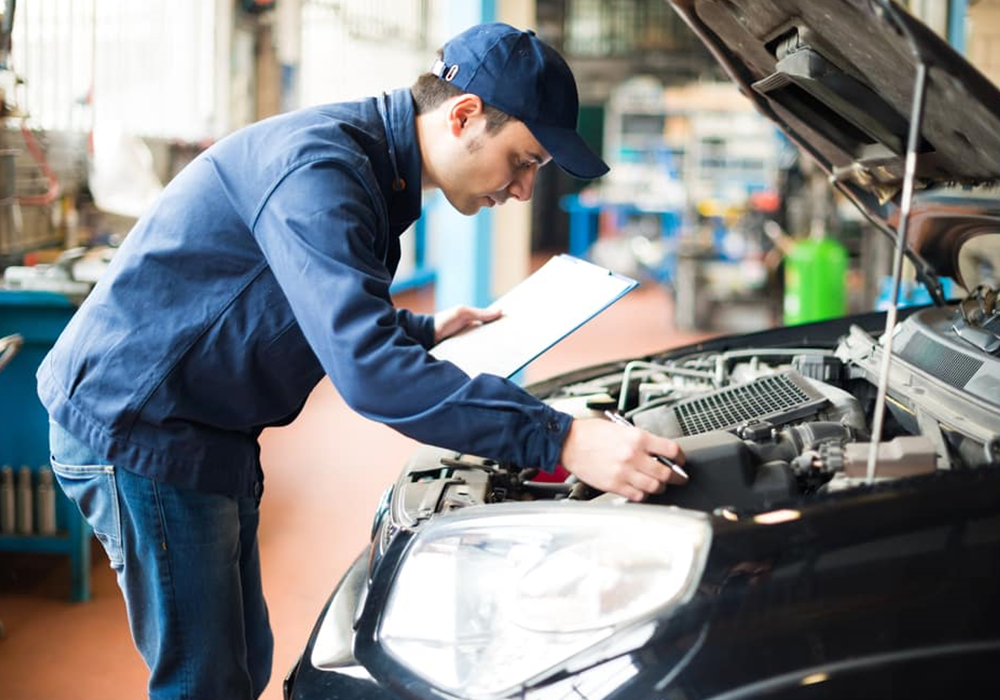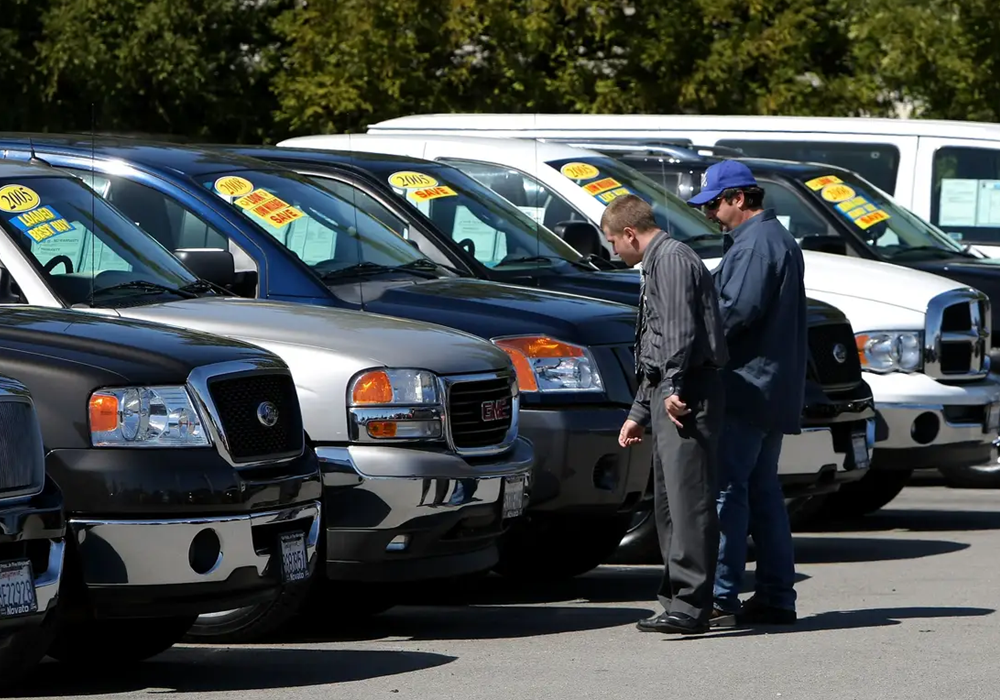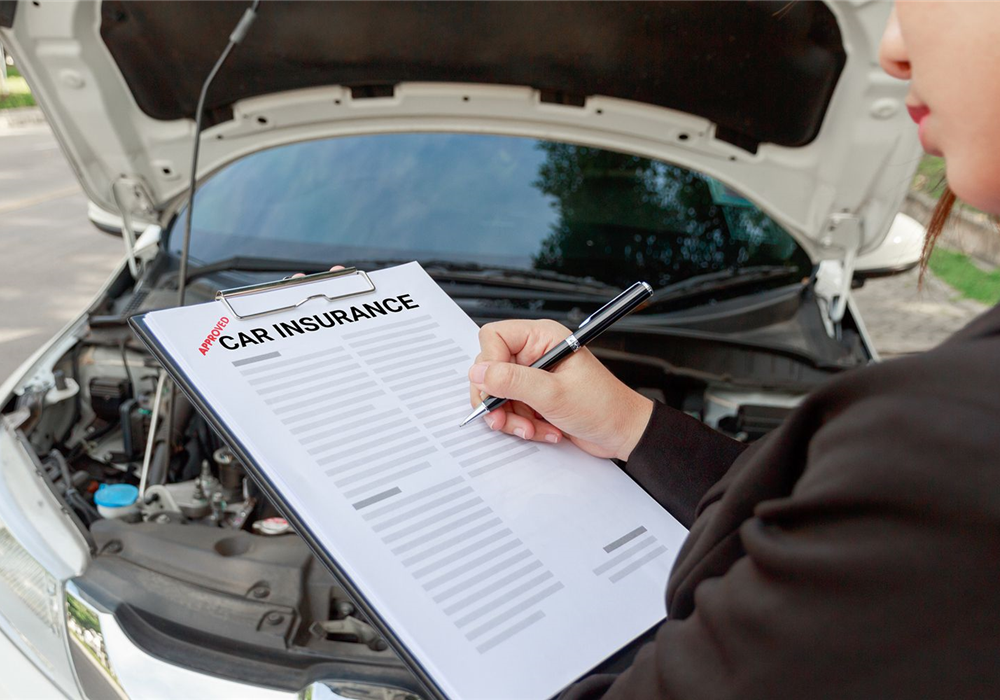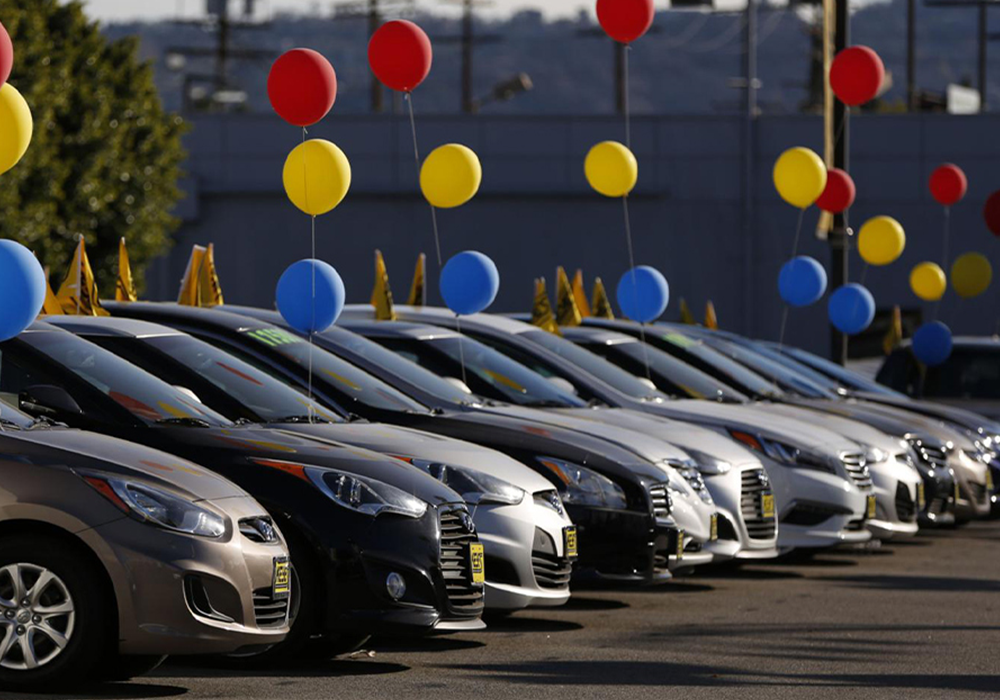Unlike new cars with a manufacturer warranty and safety features, used vehicles are mainly unregulated and lack many safety features. If you’re in the market for a used car, it’s essential to do your research before you head out to the lot. The following pointers are designed to help you make the most informed decision on used car safety:
1. DON’T BUY CARS THAT HAVE BEEN IN ACCIDENTS.
You should always consult a mechanic before buying a used car, even if its mileage is low. Even if the mileage and age of a vehicle seem low, this doesn’t necessarily mean that it’s reliable. Look out for scratches, dents, and light wear on bumpers and fenders, and check under the hood for signs of repairs or rebuilds. Also, don’t buy vehicles that have been in severe accidents.
2. LOOK FOR SAFETY FEATURES.
A car’s safety features can save your life and prevent damage to your vehicle. Make sure the car you choose has these features: Airbags, which protect drivers and passengers during an impact. Locking steering wheels are also a valuable feature as they prevent drivers from being able to take control of their cars while they’re in motion. Anti-lock brakes can stop skidding and give you more control over your vehicle when braking.

3. LOOK FOR SIGNS OF RELIABILITY.
Look for signs of accident damage and repair history to be sure that a vehicle has been well maintained and is safe to drive. A Big Brand name or many service records are not the best indicators of a car’s reliability. You can find these records on the car’s owner documentation or by inquiring with the manufacturer.
4. LOOK FOR A VEHICLE THAT HAS BEEN REGULARLY SERVICED.
Many of the more prominent manufacturers will service their vehicles. When you buy a used car, ensure it has been serviced at least once per year and owned and maintained by the same person whenever possible.
5. LOOK FOR THE BEST POSSIBLE PRICE.
For fair prices, you can usually find well-maintained, reliable, and safe vehicles on the used car market. Always get a professional mechanical inspection of any vehicle you’re considering buying. To avoid getting ripped off, you must be informed about the market and shop around before settling on a final purchase.




